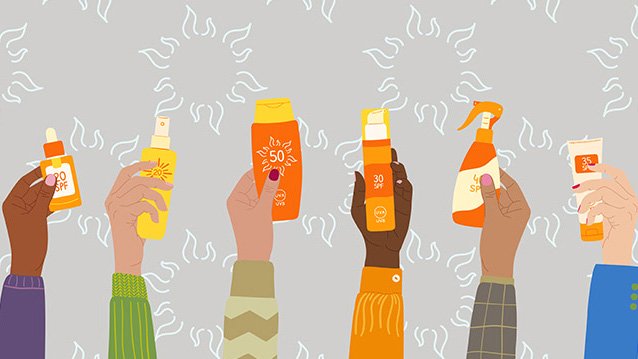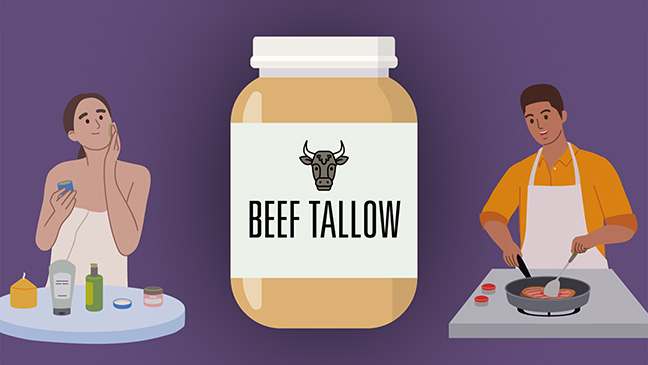- Diseases
- Acoustic Neuroma (16)
- Adrenal Gland Tumor (24)
- Anal Cancer (70)
- Anemia (2)
- Appendix Cancer (18)
- Bile Duct Cancer (26)
- Bladder Cancer (74)
- Brain Metastases (28)
- Brain Tumor (234)
- Breast Cancer (726)
- Breast Implant-Associated Anaplastic Large Cell Lymphoma (2)
- Cancer of Unknown Primary (4)
- Carcinoid Tumor (8)
- Cervical Cancer (164)
- Colon Cancer (168)
- Colorectal Cancer (118)
- Endocrine Tumor (4)
- Esophageal Cancer (44)
- Eye Cancer (36)
- Fallopian Tube Cancer (8)
- Germ Cell Tumor (4)
- Gestational Trophoblastic Disease (2)
- Head and Neck Cancer (14)
- Kidney Cancer (130)
- Leukemia (342)
- Liver Cancer (50)
- Lung Cancer (286)
- Lymphoma (278)
- Mesothelioma (14)
- Metastasis (30)
- Multiple Myeloma (100)
- Myelodysplastic Syndrome (60)
- Myeloproliferative Neoplasm (6)
- Neuroendocrine Tumors (16)
- Oral Cancer (102)
- Ovarian Cancer (178)
- Pancreatic Cancer (160)
- Parathyroid Disease (2)
- Penile Cancer (14)
- Pituitary Tumor (6)
- Prostate Cancer (150)
- Rectal Cancer (58)
- Renal Medullary Carcinoma (6)
- Salivary Gland Cancer (14)
- Sarcoma (238)
- Skin Cancer (300)
- Skull Base Tumors (56)
- Spinal Tumor (12)
- Stomach Cancer (66)
- Testicular Cancer (28)
- Throat Cancer (92)
- Thymoma (6)
- Thyroid Cancer (100)
- Tonsil Cancer (30)
- Uterine Cancer (86)
- Vaginal Cancer (18)
- Vulvar Cancer (22)
- Cancer Topic
- Adolescent and Young Adult Cancer Issues (22)
- Advance Care Planning (12)
- Biostatistics (2)
- Blood Donation (18)
- Bone Health (8)
- COVID-19 (360)
- Cancer Recurrence (120)
- Childhood Cancer Issues (120)
- Clinical Trials (628)
- Complementary Integrative Medicine (22)
- Cytogenetics (2)
- DNA Methylation (4)
- Diagnosis (238)
- Epigenetics (6)
- Fertility (62)
- Follow-up Guidelines (2)
- Health Disparities (14)
- Hereditary Cancer Syndromes (128)
- Immunology (18)
- Li-Fraumeni Syndrome (8)
- Mental Health (122)
- Molecular Diagnostics (8)
- Pain Management (62)
- Palliative Care (8)
- Pathology (10)
- Physical Therapy (18)
- Pregnancy (18)
- Prevention (936)
- Research (390)
- Second Opinion (78)
- Sexuality (16)
- Side Effects (616)
- Sleep Disorders (10)
- Stem Cell Transplantation Cellular Therapy (216)
- Support (408)
- Survivorship (328)
- Symptoms (182)
- Treatment (1788)
How many calories should I eat a day?
3 minute read | Published July 26, 2024
Medically Reviewed | Last reviewed by an MD Anderson Cancer Center medical professional on July 26, 2024
If you’ve ever examined the Nutrition Facts label on food, you’ve likely seen a phrase like “2,000 calories a day is used for general nutrition advice.”
This guideline can help determine how certain foods fit into an overall diet, but it is not a one-size-fits-all recommendation.
Fortunately, there is an easy way to find calorie recommendations specific to you and your health goals.
To learn more about calorie recommendations, we spoke to senior clinical dietitian Jessica Tilton. Here is what she shared.
What are calories?
“Calories are the energy in food,” Tilton says, noting they come from nutrients including:
- Fats
- Proteins
- Carbohydrates
After you consume calories, your body converts and uses them for energy. When you eat more calories than your body needs, your body stores them as fat, Tilton explains.
“You gain weight if you eat more calories than your body needs. You lose weight if you eat less than your body needs,” she says.
What factors influence calorie needs?
Many factors determine how many calories your body uses. Tilton says these include your:
- Age
- Gender
- Weight
- Height
- Muscle mass
- Physical activity level
How do I know how many calories I need?
There are many online resources that can help you determine exactly how many calories your body needs.
One such tool is the Body Weight Planner offered by the National Institutes of Health. First, you enter your weight, height, age, sex and physical activity level. Then, you can enter your goal weight and how soon you’d like to reach it, as well as any physical activity changes you plan to make. The planner then shows the number of calories needed to maintain current weight, reach a goal weight and maintain a goal weight.
If you’re an MD Anderson patient, you can also request a referral to one of our registered dietitians who can help you determine your calorie needs during cancer treatment.
Regardless of how many calories you need, MD Anderson dietitians recommend eating healthy foods such as meals rich in whole grains, vegetables, fruits, beans, nuts and seeds.
How many calories should I eat to lose weight?
Losing weight requires a calorie deficit, which means eating fewer calories than the body burns. This can be accomplished through diet and increased physical activity.
Your calorie needs will change as you lose weight. This is because when someone has less body mass, they burn fewer calories, Tilton explains. She recommends using weight loss predictor tools to measure your estimated weight loss over time. You can also use body weight planner tools or a weight loss predictor calculator to determine updated calorie needs as your weight changes.
“Weight loss is not linear,” she says. “It's a marathon. It's not a race.”
There are many healthy food and drink swaps you can make to support weight loss efforts.
Here are a few swaps Tilton recommends:
- Sparkling water instead of soda
- Baked or broiled foods instead of deep-fried options
- Lean protein instead of options with more fat
- Fruits and nuts rather than chips
Should I count calories?
Choosing to count calories is a personal decision.
For some, logging what they eat is a helpful way to track calories and other macronutrients such as carbohydrates, fat and protein. If tracking what you eat every day feels overwhelming, Tilton suggests doing so three times per week instead of daily. This will help you get an idea of your typical eating habits and whether they are aligned with your recommended calorie intake.
For others, counting calories may feel restrictive or unpractical. If this is the case for you, Tilton suggests focusing on the overall content of your diet and monitoring portion size. For example, at lunch and dinner, fill one half of your plate with non-starchy vegetables, a quarter with lean protein and the remaining quarter with carbohydrates or starches.
"That way you wouldn't be counting calories; you would just be changing the content of your diet and monitoring portions,” she says.
Request an appointment at MD Anderson online or call 1-855-947-5681.

You gain weight if you eat more calories than your body needs.
Jessica Tilton
Senior Clinical Dietitian





